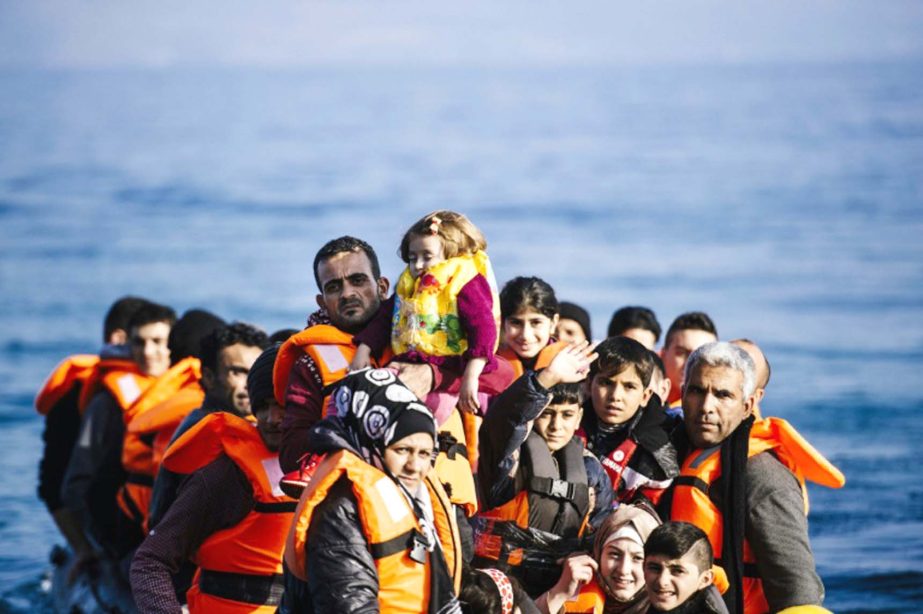
Al Jazeera News :Slovenia’s parliament is expected to approve changes to its laws that would enable the army to help police guard the border to stem the influx of refugees.The arrival of refugees has increased significantly since neighbouring Hungary sealed its borders, closing off a major corridor for people trying to reach northern Europe. The government had proposed the amendments to its Law on Defence overnight, after 8,000 refugees crossed into Slovenian territory on Monday. Only 2,000 of them passed through to Austria.”The influx of migrants over the last three days has exceeded all manageable possibilities,” a government statement said on Tuesday, adding that parliament would be asked to approve legislation allowing soldiers to help in the crisis “under very specific circumstances”.Under current law, the army can only provide technical and logistical support.The government has not given details of the proposed changes to the law, but issued a statement stressing Slovenia’s lack of capacity to deal with the influx and calling on fellow EU countries to help.”Slovenia is the smallest country on the Balkan migration route and has therefore limited possibilities of border control and accommodating migrants,” the government said.”Therefore Slovenia publicly calls upon the [EU] member states and the European institutions to actively engage in taking over this burden.”Slovenian authorities said on Monday they had refused to let in more than 1,000 refugees arriving from Croatia after the daily quota had been reached, stoking fears of a new human bottleneck on the western Balkan route.The desperate refugees and migrants were forced to spend the night in freezing temperatures near rail tracks after police stopped them from walking across the border dividing the two EU states.They are among thousands of people – mostly fleeing violence in Syria, Iraq and Afghanistan – who forged a new route to northern Europe after Hungary sealed its Croatian border with a razor-wire fence.The Hungarian government’s latest move to stop the flow through Greece, Macedonia and Serbia has pushed the refugees towards Slovenia, from where they hope to continue on to Austria and eventually Germany.

